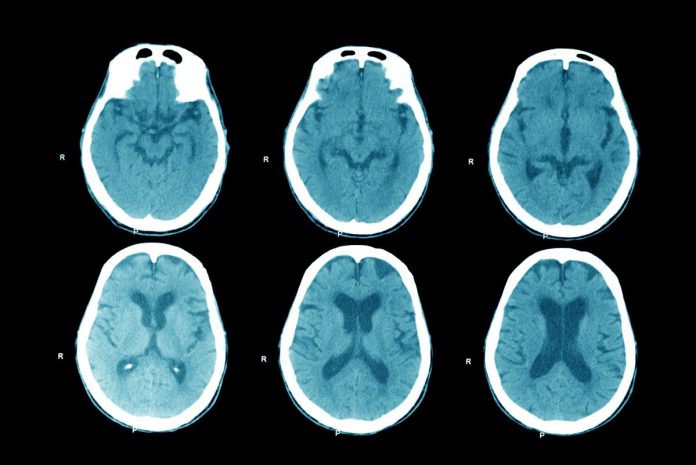Many people feel that meditation offers a great way to relax without drugs. Research has shown your brain actually works differently during meditation reported the Norwegian University of Science and Technology. More thoughts and feelings are processed by your brain during meditation than when you are just relaxing.
There are many different types of meditation. The primary purpose behind them all remains similar and is directed at achieving more peace, a decrease in stress, improved concentration, greater self-awareness and better processing of your thoughts and feelings. Researchers at the Norwegian University of Science and Technology, the University of Oslo and the University of Sydney have been working on determining how the brain works during different types of meditation.
There are two primary types of meditation techniques. With concentrative meditation the meditating person focuses attention on his or her breathing or on specific thoughts, therefore suppressing other thoughts. With nondirective meditation the person who is meditating without effort focuses on his or her breathing or the person focuses on a meditation sound. Beyond this the mind is simply allowed to wander as it desires.
It was observed that nondirective meditation led to more activity than during rest in the part of the brain which is dedicated to the processing of self-related thoughts and feelings. However, when test participants performed concentrative meditation the activity in this part of the brain was similar to when they were simply resting. The activity of the brain was therefore greatest when the person’s thoughts were allowed to wander freely on their own instead of when the brain worked to be more focused. Svend Davanger, a neuroscientist at the University of Oslo, and co-author of the study, has pointed out that it is indicated by this study that nondirective meditation allows for more room to process memories and emotions than concentrated meditation.
The results of this study have been published in the journal “Frontiers in Human Neuroscience”. Functional magnetic resonance imaging was used to assess brain activity in this study. It was concluded that the results support the idea that nondirective meditation, which allows mind wandering, involves more extensive activation of brain areas which are associated with episodic memories and emotional processing than during concentrative practicing or during regular rest. Davanger has appropriately highlighted that it is really remarkable that a mental task such as nondirective meditation results in even higher activity in this network than regular rest.















